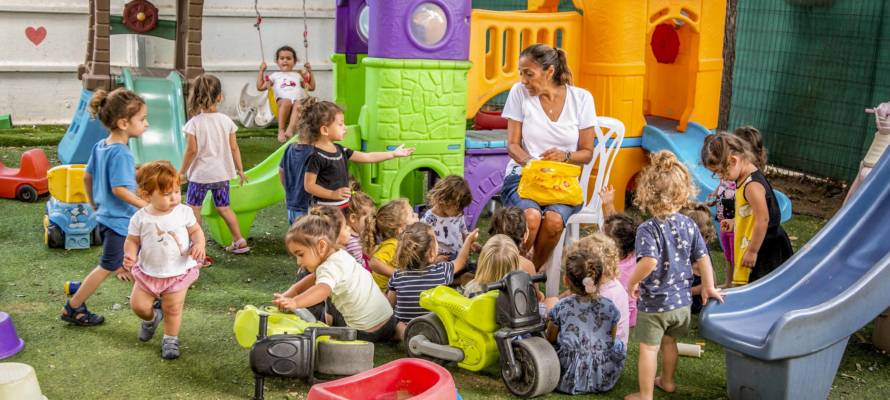Slated to start on Sept. 6, it designates areas as green, yellow, orange or red, and imposes restrictions based on infection rates.
By JNS
Israel’s ministerial coronavirus cabinet on Sunday approved a new plan to tackle the pandemic.
Crafted by Coronavirus Project Coordinator Ronni Gamzu, the “traffic light” plan, which imposes COVID-19 restrictions on different areas based on their risk levels, is scheduled to go into effect on Sept. 6, Israel’s Channel 12 News reported.
According to the report, every area in the country will be designated as green, yellow, orange or red, depending on its infection rate, with red representing the highest and green the lowest. Each color-coded area will be subjected to a different set of restrictions and will receive different amounts of support from a soon-to-be established coronavirus command center, in coordination with the Home Front Command.
The report noted that in “red” areas, a maximum of 20 people will be allowed to gather in open spaces, and only 10 in enclosed ones. In “orange” areas, a maximum of 50 people will be allowed in open spaces, with no more than 40 percent total occupancy, and 25 in enclosed ones, with no more than 20 percent total occupancy.
In “yellow” areas, up to 100 people will be allowed to gather in open spaces, with no more than 60 percent total occupancy, and up to 50 in enclosed spaces, with no more than 40 percent total occupancy.
“Green” areas will allow for gatherings of up to 250 people in open spaces, with no more than 80 percent total occupancy, and up to 100 people in enclosed spaces, with no more than 60 percent total occupancy.
According to Israeli Health Ministry data, as of Monday afternoon, there were 115,057 confirmed cases of COVID-19, among them 20,334 active. There were 453 patients in serious condition, among them 123 on ventilators, and 185 patients in moderate condition with the national death toll reaching 922.
